A Man and The Incredible Story of His Land Rover One Ten
Forget about those luxurious SUVs... This is the real deal!

We’ve touched on the legendary Land Rover Defender briefly in our weekly slice of automotive tastiness. It featured in our story on the REC Watches RNR R.O.C.K.Fighter and BeachRunner watches, made with dials out of Land Rover parts. But, the boxy off-roader is deserving of so much more! It is a symbol of exploration, utilitarianism, and adventure. Still reminisced to this day, with its literally go-anywhere attitude and capabilities. Today we pay homage to this icon in the motoring world through a cigarette-sponsored adventure series, and a man spending 30 years in Africa with a Defender. Here’s our ode to the Land Rover Defender!
There are countless stories to be told about the Land Rover Defender, every single one probably a testament to its legacy. Yes, it was horrid to drive on the road, is as streamlined as a brick and to be honest not a particularly beautiful shape. Yet I know plenty of Petrolheads who would gladly have a go in one if they get the chance! Whether you’re a fan of the 90 or 110 doesn’t matter, boys will be boys and will always have a soft spot to thrash around in the dirt.
The Land Rover Series I, II, and III and the Defender that followed in 1990, are icons. Designed as a practical vehicle for industrial and agricultural use, it was built to last, and as such was quite crude and spartan. No creature comfort whatsoever but it slowly evolved into a symbol of status, a high-street tractor for the wealthy. Where the first generations of the car were fitted with nothing else but a flat row of seats, no insulation, a canvas top (mostly) and all but the basics left out, the car got more and more luxurious over time. More options and features, better insulation, increased driving comfort, leather seats, etc.
It moved from a life on the farm to a life in the city, where few will ever put it to use what it was built for. Even now, some 70-plus years after the very first one was built, it is one of the greatest off-road vehicles ever built. The original concept hasn’t changed much, it just became…. more extravagant (the nice way to put it). In total, about 2 million of cars have been built, in almost 70 years of existence and Land Rover claim about two-thirds of those cars are still in existence.
Rumours of a new, modernized Defender have been going for several years now, mostly sparked by the DC100 concept from 2015. This envisioned a 21st-century Defender and eventually evolved into the 2020 Land Rover Defender 90 and Defender 110 (referring to the wheelbase of each model). While I’m sure the modern equivalent will be just as capable as the original, if not better, and even looks rather similar I can’t help but finding the older style Defender far more interesting. Countless versions and body styles have been made, with upgrades to serve multiple military forces worldwide and that’s part of the appeal.
The reason for the car’s legendary status isn’t “just” down to the off-roading capabilities or its brutishly simple looks. It is far more than that, to be honest. It is about freedom, a sense of adventure, the thought that nothing will stop you in your tracks, the feeling you can tackle anything you might come across and conquer it. That’s the charm. And this has been greatly influenced by something that most of you will probably remember.
The Camel Trophy
The Camel Trophy ran from 1980 to 2000, spanning two decades of hard-core exploration and off-road challenges to put man and machine to the ultimate test. It was a competition-based challenge where teams would set off crossing some of the harshest terrains in some of the most remote locations in the world.
Teams would be encouraged, and forced really, to work together and form a comradery in order to achieve the goal. The first-ever Camel Trophy was held in 1980, which used a Ford U50 (Jeep CJ-5 base) but a year later Land Rover was a partner, and since that first year has continued to supply vehicles. Just about every model from the Land Rover range has been used; the Series III, Defender, Range Rover, Discovery and Freelander.
All participating cars would be fitted with specialized equipment and painted in the famous Camel-yellow, a sandy, mustardy colour of paint. Initially, it was to be held only once, organized by Camel cigarettes to promote the newly launched Camel Collection clothing line in 1980. Worldwide Brands Inc, after taking over control of Camel Cigarettes, took over as sponsor/organizer and would turn the event into a global offroading phenomenon.
With the support of Land Rover secured, the event travelled the globe. From the Amazon rainforest in Brazil, the vast Outback of Australia and the barren Siberian landscape in Russia, the toughest terrain imaginable would have to be navigated by each team. And mind you, this was not a Dakar-type race to get to the finish the fastest. Along the course, each team would get a series of challenges to overcome. It was extremely challenging to even get to the finish, let alone win. What was intended to be a one-time small scale thing, relatively speaking, with three participating teams turned into an annual event with up to 20 teams.

During the course of its existence, the Camel Trophy has been criticized for its environmental impact. Whether that is deserved or not, I leave with you. What I do know is that it put Land Rover, and the Defender in particular further on the map. After its demise in 2000, it shifted into the G4 Challenge, also supported by Land Rover, but it would never garner as much attention as the Camel Trophy once did. The images that cover those 20 years of adventure are simply mind-blowing, with people hanging out of cars, using trees as leverage to get their cars out of glue-like mud and wade through rivers too deep to even stand.
Moreno Torricelli
The name Moreno Torricelli will ring few bells if any at all. Yet his history, as it is much more than a simple story, with the Land Rover Defender is simply staggering. Imagine yourself so smitten with a continent that you embark on a 30-year, 20-trips, 47-country, 280,000-kilometre exploration. And your vehicle of choice? The same Land Rover One Ten every single time.
Mr Torricelli is not some wild adventurist who seeks to bring attention to his achievements or bring up environmental issues through extreme actions. No, he is simply a man absolutely head over heels with the African continent. It all started, as addictively penned by Marco Annunziata for Petrolicious, with a boat trip down the river Nile. The stunning and everchanging views had him convinced to go back, and he did in a big way.
In 1986, after purchasing a brand new Land Rover One Ten at a dealer in Florence, Italy, he embarked on his first solo mission to discover more of Africa. Each year he comes across unique challenges, that shape his future travels and mandate changes to his equipment and car of choice. But he still uses that very same 1986 delivered Land Rover. It has now racked up 280,000km, crossing through 47 of Africa’s 54 countries. It has never failed him, although having skills as a mechanic like Mr Torricelli does help out a lot. I mean, I wouldn’t know what to do when an engine has sucked in water, or bent multiple connecting rods.
All is detailed in a Petrolicious story that simply grabbed me, in part due to the stunning photographs used to portray Mr Torricelli’s 30 years of experience. Mind you, all is shot by the man himself, and selling them to National Geographic and other media outlets helped partly fund his expeditions.
He hasn’t always done this solo, and he even participated in Dakar as a last-minute substitute pilot on a support truck, but it has led to his conviction to do it alone. He believes it has also helped him out in tricky circumstances and dangerous areas. There’s one passage in the article where he mentions crossing between two groups of armed and camouflaged men hiding in the bushes and pointing machine guns at him.
All in all, this is a pretty amazing story and I urge you to read it once you’re done here. It is a perfect salutation to one of the greatest off-roaders ever made, period.


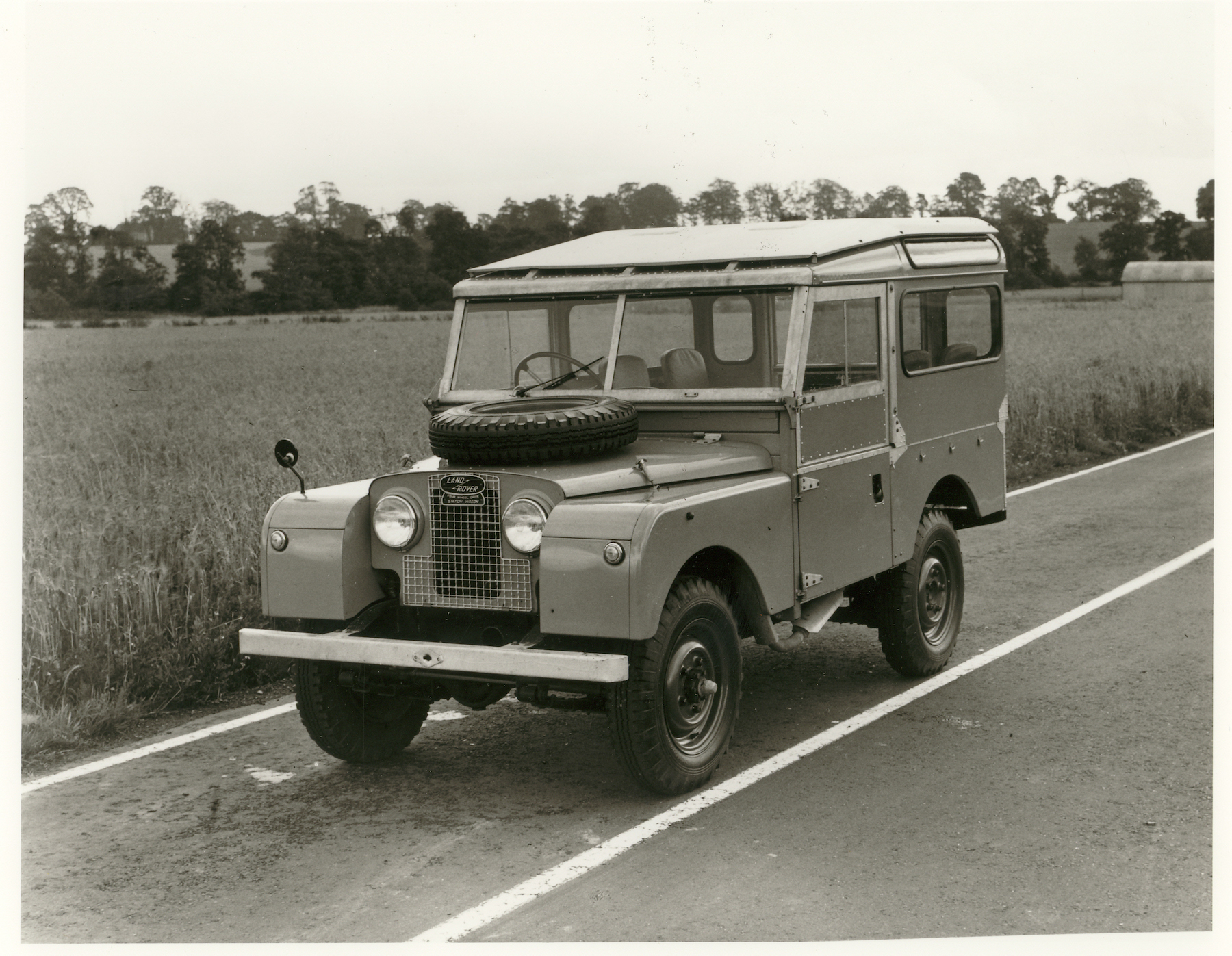

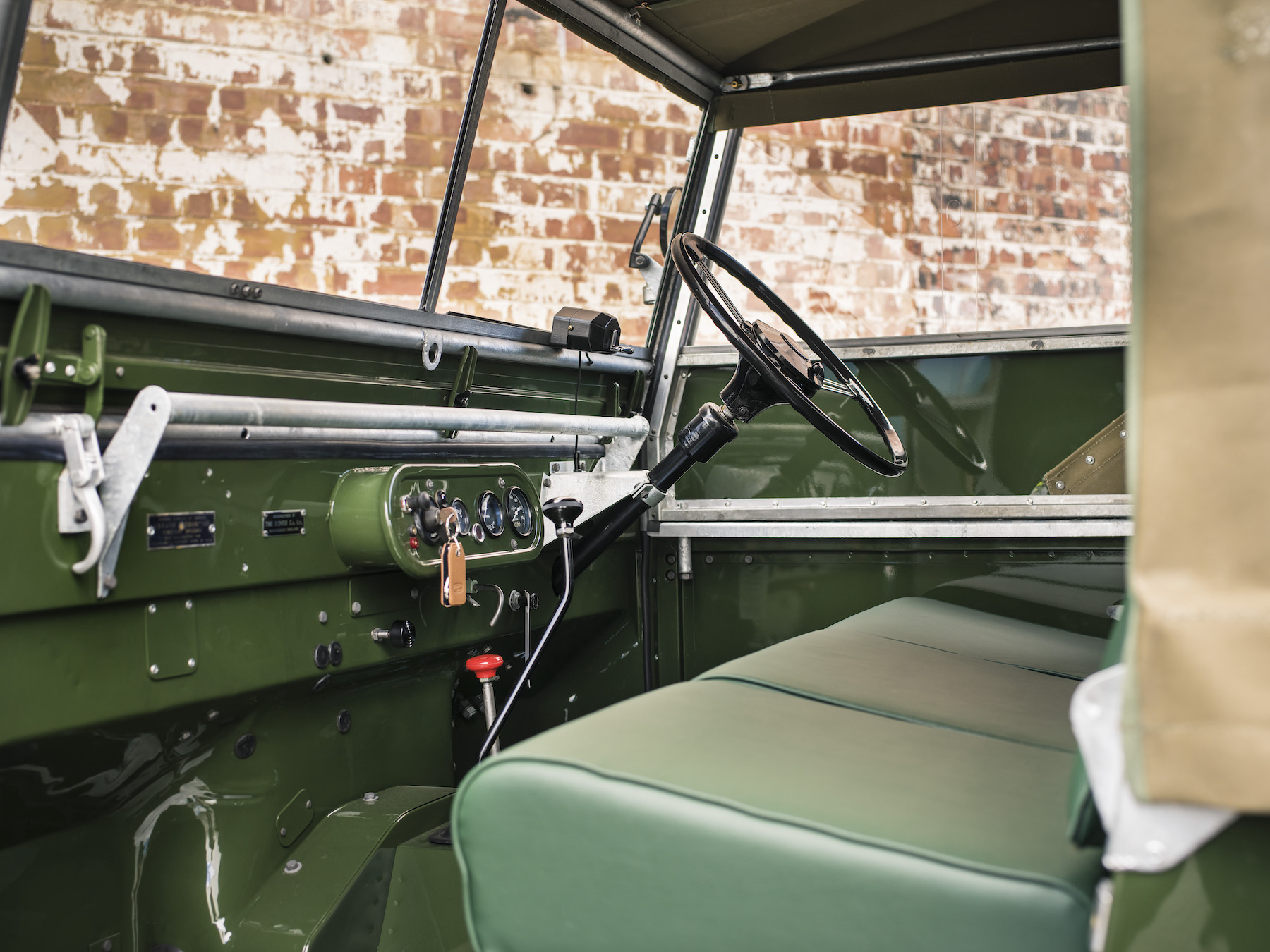

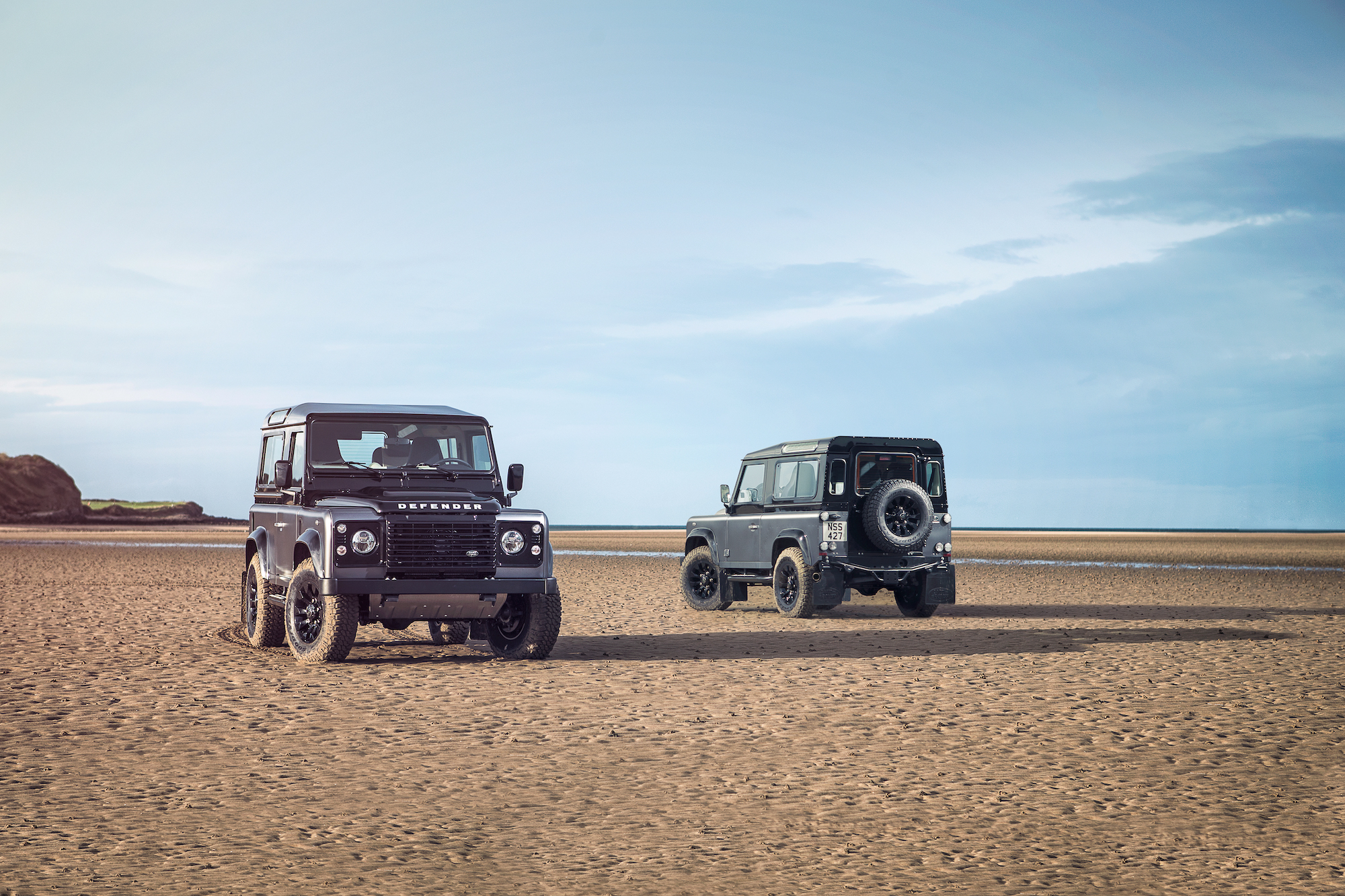

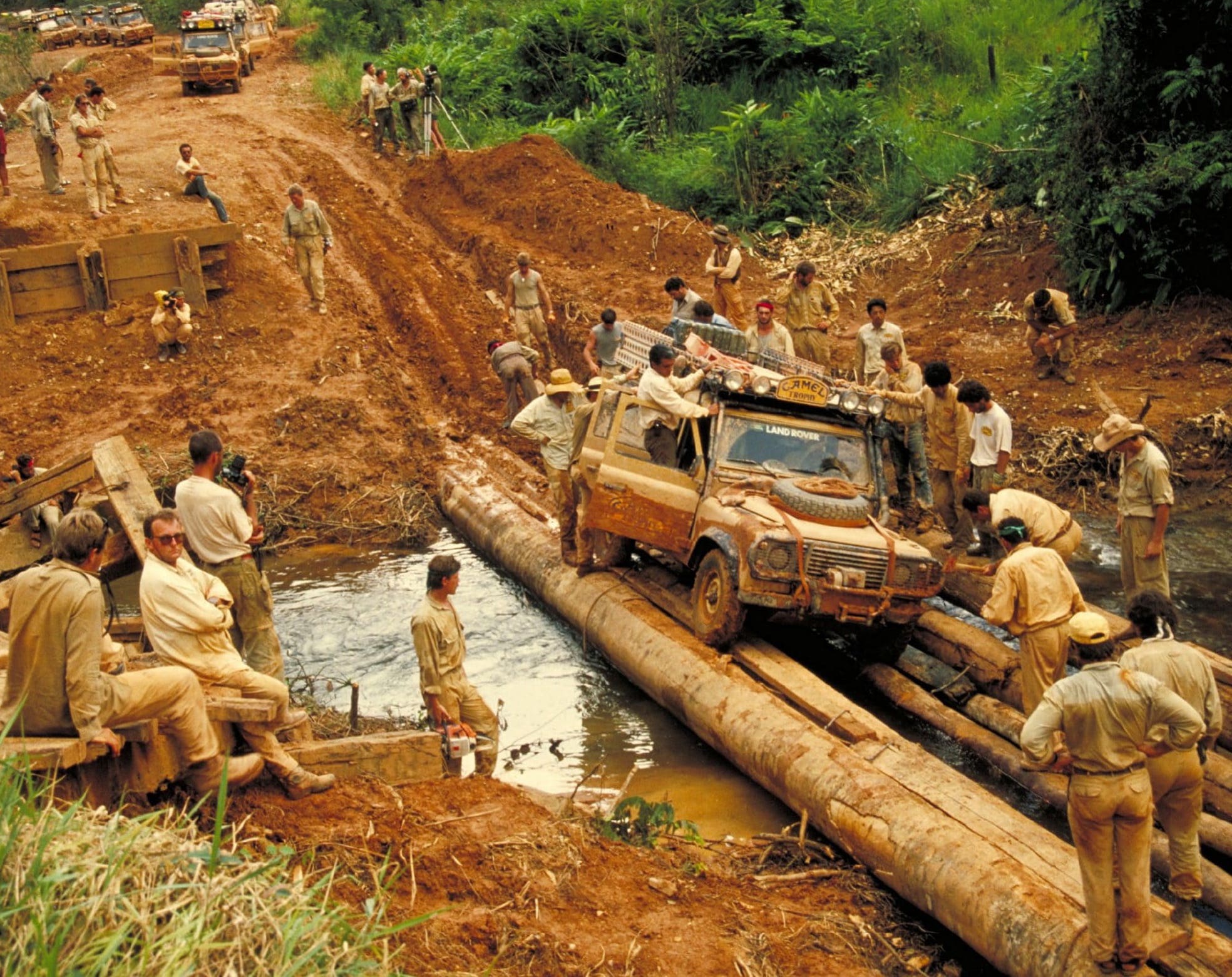


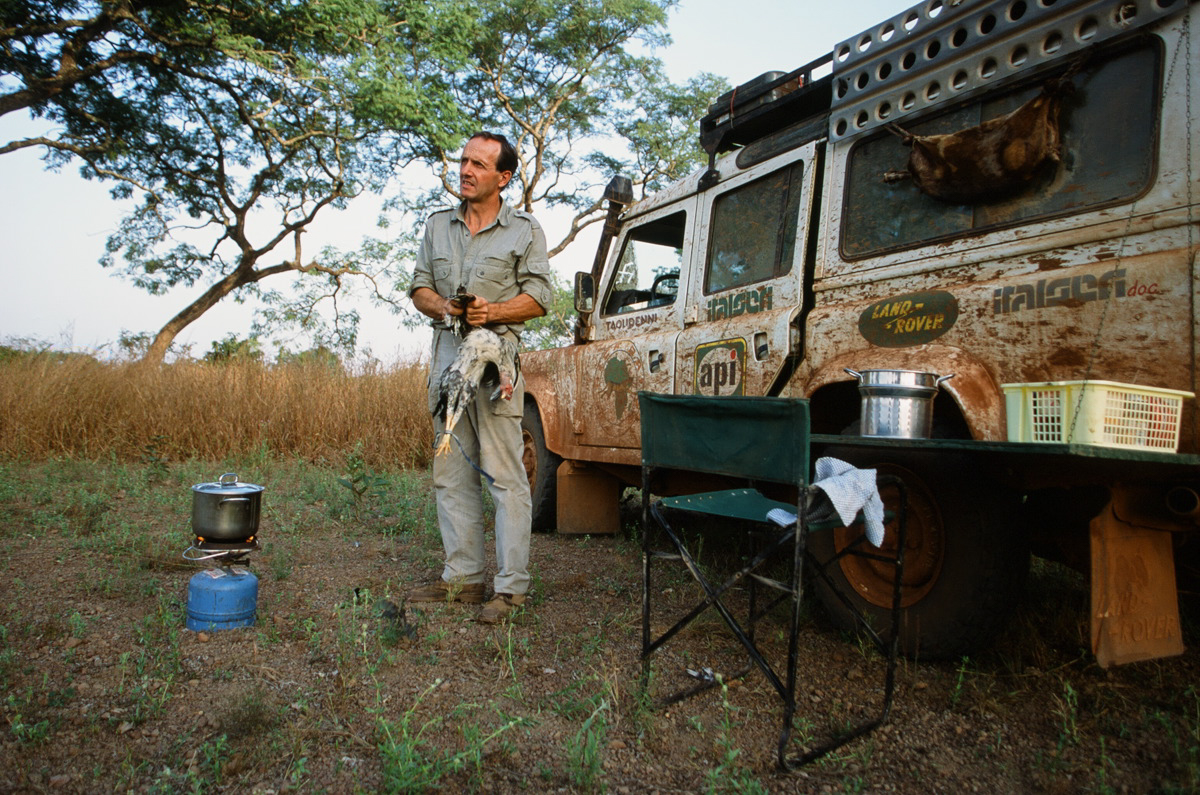
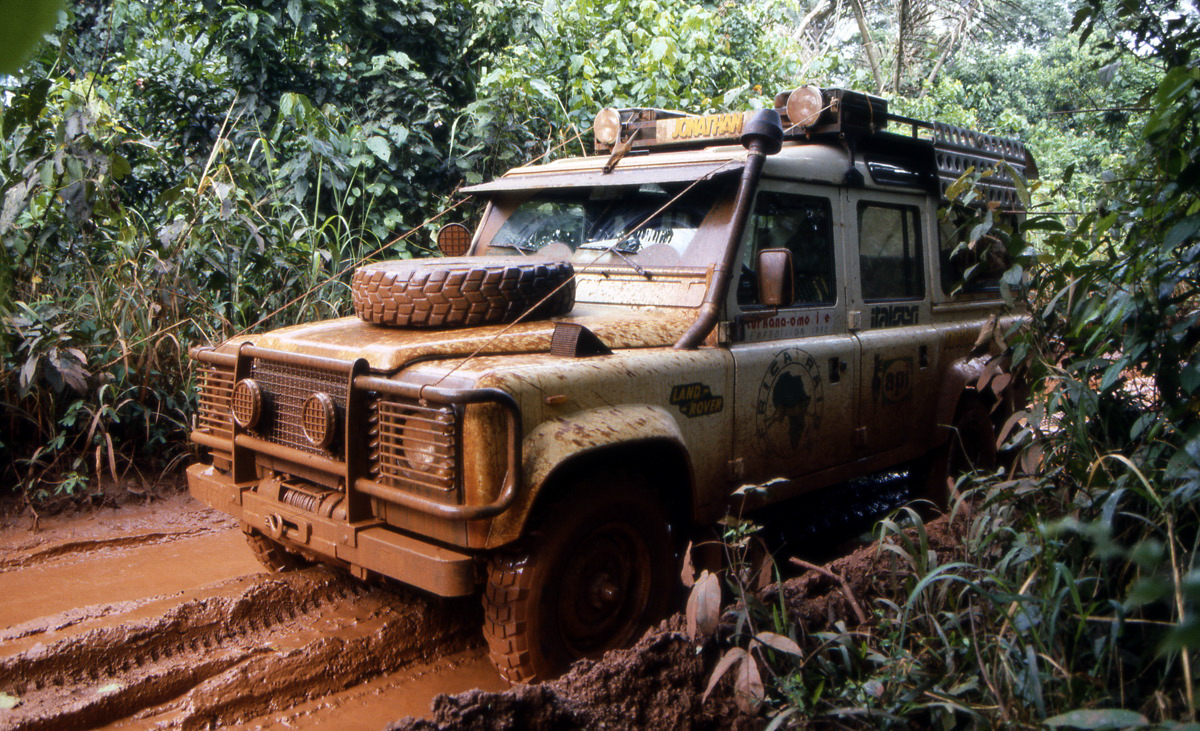

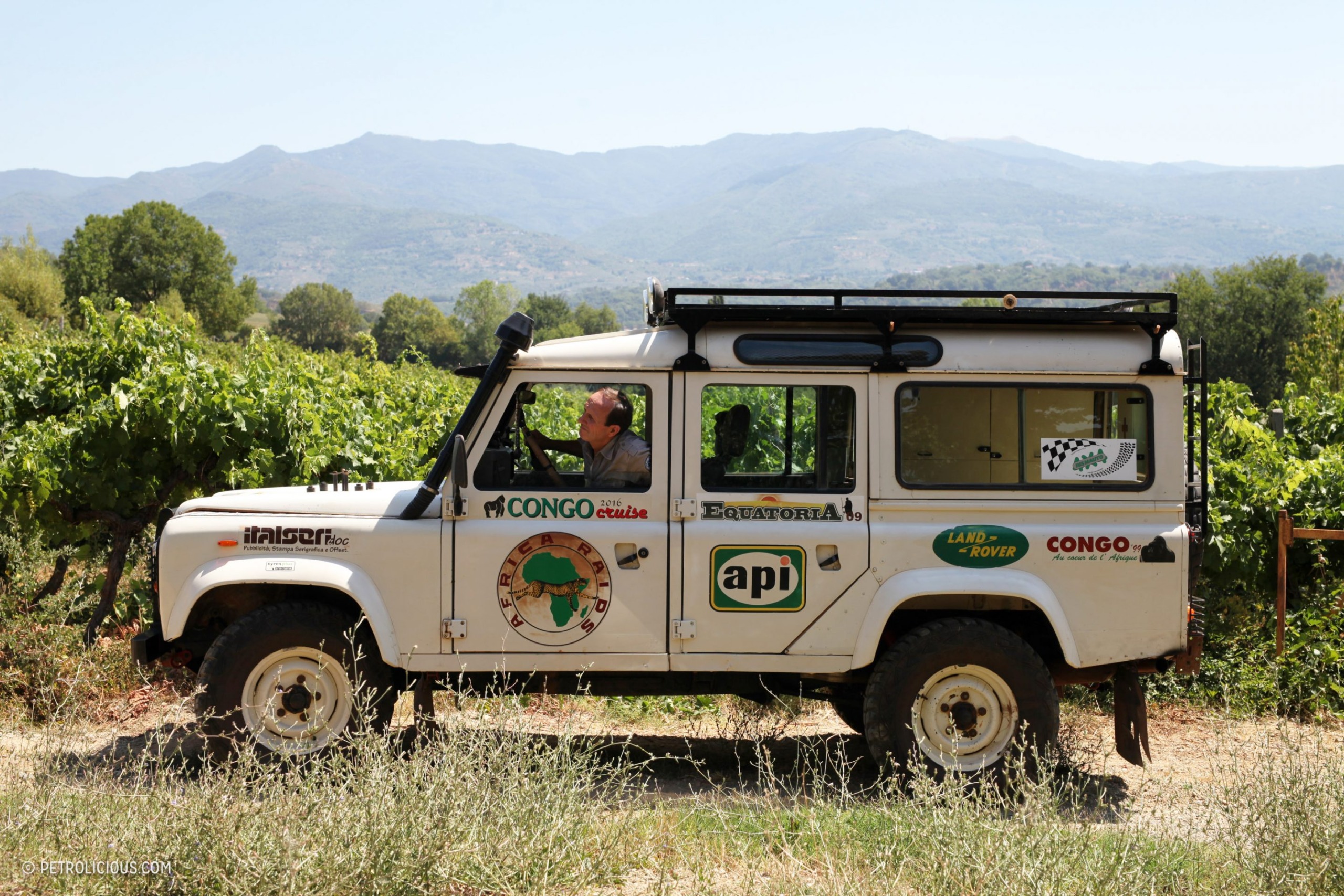




4 responses
Otra de esas motivadoras historias que este gran sitio pone a disposición de los lectores. Muchas gracias
Used them a lot for work over the years 110 van the best. If you are going offroad with a load of tools then its the only thing you need
I don’t think any Land Rover owner that knows the history of the Land Rover will share the statement “The Land Rover Series I, II and III are more commonly known as the Land Rover Defender”, Read that and gave a fast reading until the end of the article… A pity.
The first Land Rover Defender hit the road (pun intended) in 1990. Before this, there were the Series I, II & III and the Land Rover 90 & 110. Moreno Torricelli obviously drives a 110 (OneTen), not a Defender.
A great vehicle nevertheless, but I would like to recommend the author to do some more research before publishing an article like this.